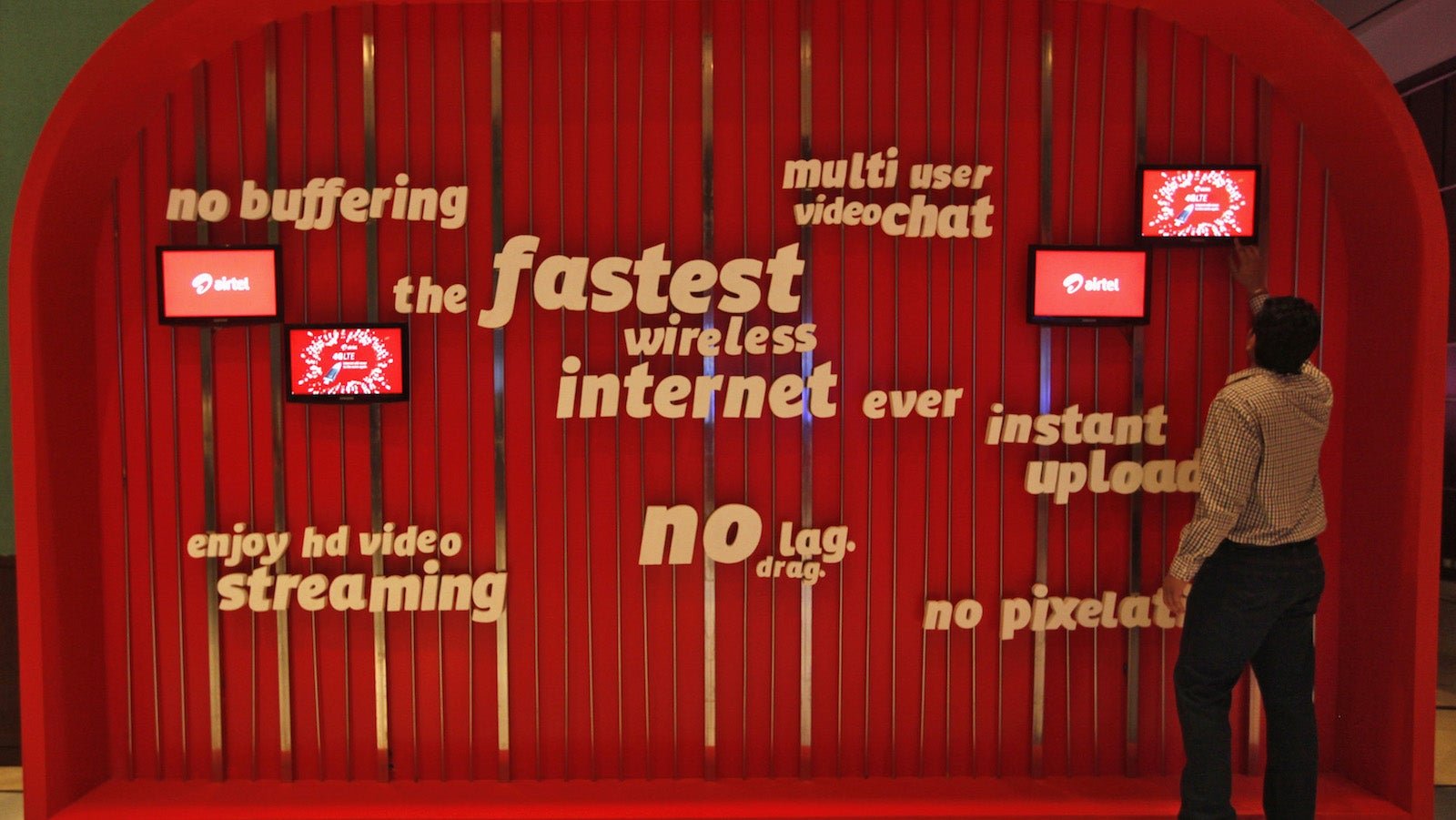Who needs Internet.org or Airtel Zero? There are better ways to bridge the digital divide
The debate regarding Indian net neutrality has reached a fever pitch. It has now been accepted, even become an article of faith, that choking, slowing down or boosting internet access in exchange for any consideration (monetary or otherwise) is a clear no-no. Even the telecom companies have come around to this view in light of the recent Federal Communications Commission’s (FCC) Open Internet order to ensure net neutrality.


The debate regarding Indian net neutrality has reached a fever pitch. It has now been accepted, even become an article of faith, that choking, slowing down or boosting internet access in exchange for any consideration (monetary or otherwise) is a clear no-no. Even the telecom companies have come around to this view in light of the recent Federal Communications Commission’s (FCC) Open Internet order to ensure net neutrality.
What’s becoming apparent is that the battleground for net neutrality has shifted to the concept of “zero-rating.”
Zero-rating is essentially the practice of providing consumers with free access through sponsored data plans, arising out of the nexus between telecom companies and well-funded portals, websites and apps. While many may find nothing wrong with this practice, it’s important to understand that this will fragment the internet into a free part of the internet, much akin to a walled garden, and a non-free part of the internet from the perspective of users.
This actually goes against the very DNA of the internet and its egalitarian nature, which is about universal access to all sites without any limitations placed by the telecom companies, or the content providers trying to act as gate-keepers.
The strongest argument in favour of zero-rating is that it helps to broaden the access and get the hitherto excluded population on the internet. In India, this translates to 80% of the population, which underscores the huge digital divide that we need to bridge. While this is a noble goal, what needs to be understood is that the scope for abuse of market power through such zero-rated services is tremendous.
It is ironic that it is those websites, then startups, which benefitted from the level playing field of the internet implicit in the principles of net neutrality that are now engaged in a bid to expand their reach and in the process damage the internet as we know it, and skew the balance against current startups.
This practice is akin to the eventually disallowed practice of Microsoft bundling its own browser, Internet Explorer, along with its operating system. The long-drawn legal fight in the US and the EU brought about the demise of Netscape Navigator, the pioneer of browser products.
Zomato, the online restaurant guide, expressed with absolute certainty that they couldn’t have succeeded with their product if there was a competitor on Airtel Zero that had an exclusive reach to potential customers.
Solving the issue of access and bridging the digital divide can just as easily and cost-effectively be addressed through other transparent and competition enhancing methods. Here are two solutions:
Deploy USOF creatively
The government may deploy the large sums collected from Indian telecom companies—a 5% levy on their revenues—by way of the Universal Service Obligation Fund (USOF) to incentivise telecom companies to bid for building networks for rural and unreached areas in a manner that ensures low internet access costs.
Here, the government could look at using the reverse bidding process like the one used successfully during the recent coal auctions and do viability gap funding from the USOF for any shortfalls to make these networks both commercially viable as well as low cost for the consumers.
Cash transfers
The government could facilitate direct transfers to the users through Aadhaar for the purpose of purchasing recharge coupons for broadband. The success of the Pradhan Mantri Jan Dhan Yojana along with the move to link mobile numbers to Aadhaar makes this an efficient and transparent process to deal with issues of providing internet access to the unreached.
These cash transfers should be made available for purchase of both wired as well as wireless broadband and should not discriminate based on the technology, that is it should be technology as well as medium agnostic. Once the problem of access is solved, then companies such as Facebook and Flipkart etc. can provide coupons directly to these rural users to encourage them to purchase high-speed and larger data plans so as to access their services.
The internet by its nature has so far remained open and unbiased and it is this ecosystem that has encouraged innovation and access to breakthrough technological products and services benefitting billions. It is important that it remains so in the future, too.
Baijayant ‘Jay’ Panda is a Member of Parliament of India, Lower House. We welcome your comments at ideas.india@qz.com.